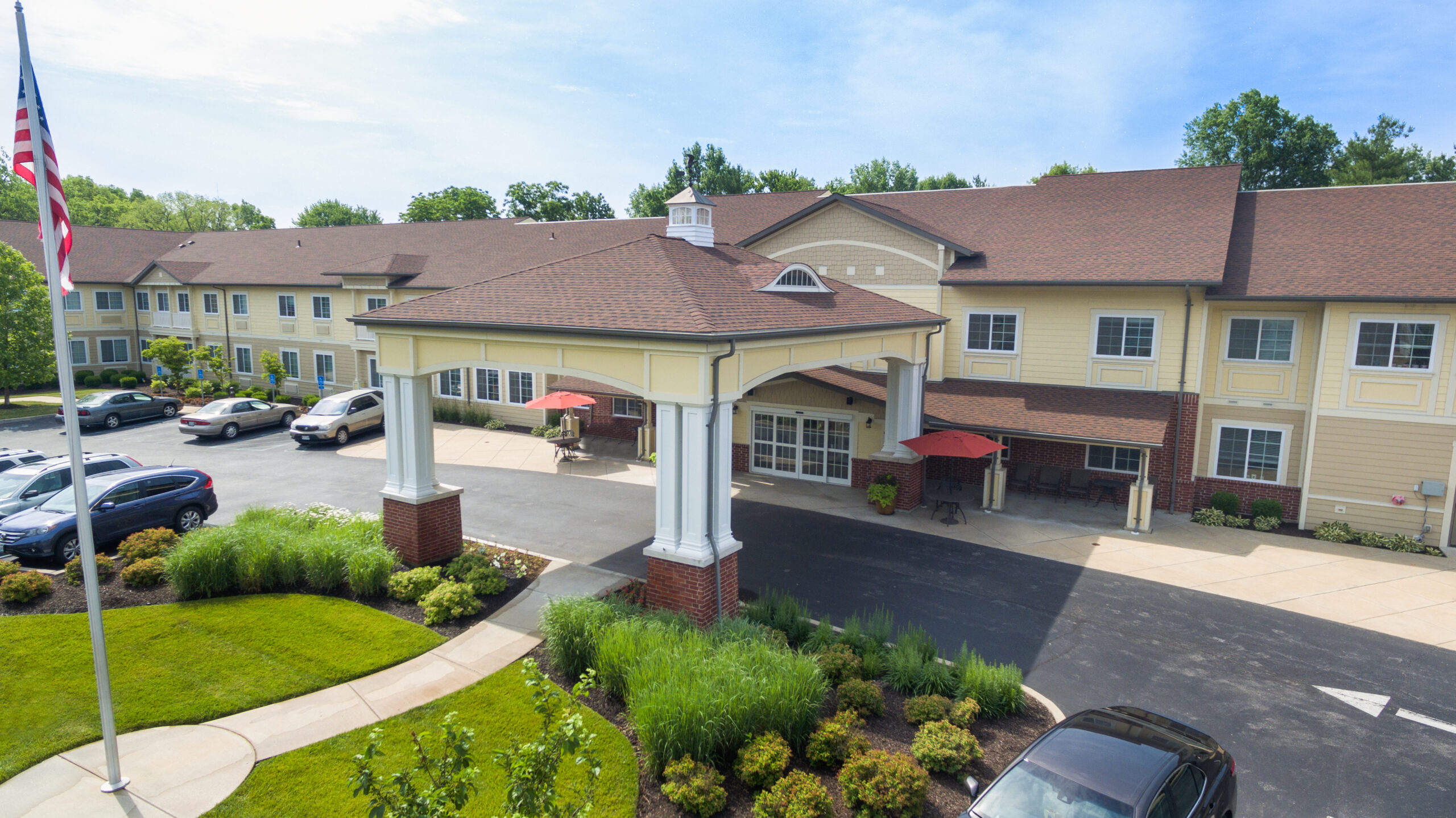Caring Groups Providing Trusted Alzheimers Care Charlotte Options
Caring Groups Providing Trusted Alzheimers Care Charlotte Options
Blog Article
Producing a Safe and Supportive Setting for Alzheimer's Care
The production of a helpful and safe setting for individuals with Alzheimer's is vital in improving their quality of life. This includes not only physical adjustments within the home, such as minimizing threats and incorporating acquainted elements, however also the application of organized routines and purposeful activities that accommodate their cognitive demands. Comprehending the emotional and emotional dimensions of care can dramatically impact their feeling of protection and link. Checking out these multifaceted techniques can disclose critical insights into effective caregiving approaches that may transform the day-to-day experiences of both caretakers and individuals.
Comprehending Alzheimer's Needs
Regularly, people with Alzheimer's condition show a variety of demands that call for tailored approaches to care. As the condition proceeds, cognitive decline materializes in numerous means, affecting memory, reasoning, and also the ability to do day-to-day tasks. Caretakers have to recognize these advancing requirements to give appropriate support and make certain a higher top quality of life for those impacted.
One vital aspect of understanding Alzheimer's needs is recognizing the relevance of regular and knowledge. People often find comfort in recognized patterns, which can decrease anxiousness and confusion. Caregivers ought to strive to produce structured everyday routines that incorporate meaningful activities aligned with the individual's rate of interests and capabilities.
Additionally, effective interaction is extremely important. People with Alzheimer's may have a hard time to express themselves or comprehend complex language. Caregivers must use basic, clear language, usage non-verbal signs, and method active paying attention to foster understanding and link.
Last but not least, social and emotional needs can not be neglected. Giving opportunities for social communication and keeping connections can significantly improve emotional wellness. Caregivers ought to encourage interaction in area activities or family gatherings, promoting a sense of belonging and objective. Recognizing these varied needs is essential for producing a helpful treatment environment.
Designing a Safe Home
Producing a safe home for people with Alzheimer's disease is vital to promoting and minimizing dangers self-reliance. The style of the living area should prioritize safety while enabling personal comfort. First, eliminate possible hazards such as loosened rugs, sharp things, and mess, which can cause falls or accidents. Guarantee that paths are clear and well-lit, as correct lighting minimizes disorientation and boosts movement.
Integrating flexible functions is additionally vital. Mount grab bars in restrooms and near stairways, and consider utilizing non-slip mats in wet areas. Additionally, making use of different shades for walls and floorings can assist in distinguishing areas, helping to minimize confusion.
Experience is necessary for individuals with Alzheimer's. Individualizing the setting with acquainted objects and pictures can enhance a sense of belonging and protection - Alzheimers Care Charlotte. It is also useful to have actually a designated area for daily tasks, such as analysis or crafting, which can supply structure to their day
Finally, applying a secure outside space enables for secure expedition while getting in touch with nature. By attentively creating the home setting, caregivers can substantially enhance the lifestyle for people dealing with Alzheimer's disease.
Enhancing Interaction Abilities

Non-verbal communication, consisting of faces, motions, and touch, plays an important function in conveying compassion and understanding. Keeping eye call and a calm disposition can improve the comfort level of the individual, advertising a sense of security.
Furthermore, it is essential to practice energetic listening. This involves being totally existing, showing patience, and allowing the individual to express themselves without interruption. Repetition may be needed; caregivers need to be prepared to take another look at inquiries or topics, as people with Alzheimer's may have problem with memory recall.
Additionally, utilizing aesthetic aids or signs, such as photos or familiar things, can promote acknowledgment and interaction. Eventually, boosting communication abilities is regarding constructing trust and creating a setting where people really feel listened to, valued, and recognized, thereby enriching their high quality of life.
Encouraging Social Communication
Cultivating meaningful social interactions can significantly enhance the health of individuals with Alzheimer's disease. Involving with others not just aids battle feelings of isolation but likewise stimulates cognitive feature and emotional health and wellness. Structured social activities, such as team games, arts and crafts, or songs treatment, create chances for citizens to my response attach with peers and caretakers, which can lead to enhanced mood and minimized anxiousness.
Developing a welcoming environment that encourages socialization is crucial. This can be attained by arranging common rooms that help with communication, such as cozy seating areas or activity rooms. Additionally, incorporating familiar and culturally pertinent tasks can trigger memories and urge involvement, enabling individuals with Alzheimer's to feel even more linked to their previous experiences.
Furthermore, caregivers must be trained to identify and promote social engagement amongst locals. By prioritizing social communication, we can substantially enrich the lives of those living with Alzheimer's, cultivating a sense of area and belonging.
Supporting Caretaker Wellness

To support caregivers, companies must supply regular training and academic resources to improve their understanding of Alzheimer's condition and caregiving strategies. Providing access to respite care services enables caregivers to take needed breaks, lowering stress and fatigue - Alzheimers Care Charlotte. Additionally, fostering a community through support system can help with emotional sharing and the exchange of useful recommendations among caregivers, producing a network of mutual support
Psychological health sources, such as therapy services, can also be vital in resolving the emotional toll caregiving can take. By prioritizing caretaker health, we develop an even more lasting caregiving atmosphere that not only benefits the caretakers themselves yet additionally improves the overall quality of care obtained by people with Alzheimer's. Eventually, supporting caretakers is an essential part in cultivating a effective and compassionate treatment setting.
Conclusion
Finally, the production of a encouraging and risk-free atmosphere for people with Alzheimer's is necessary to improving their high quality of life. By focusing on safety and security with thoughtful design, cultivating emotional health with acquainted elements, and advertising interaction via structured routines, caregivers can dramatically affect the total experience of those impacted by this condition. Additionally, supporting caretaker well-being is critical, as it eventually adds to an extra effective and thoughtful care setting.
Repetition might be necessary; caregivers need discover here to be prepared to revisit questions or topics, as people with Alzheimer's may have a hard time with memory recall.

Report this page